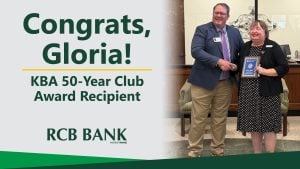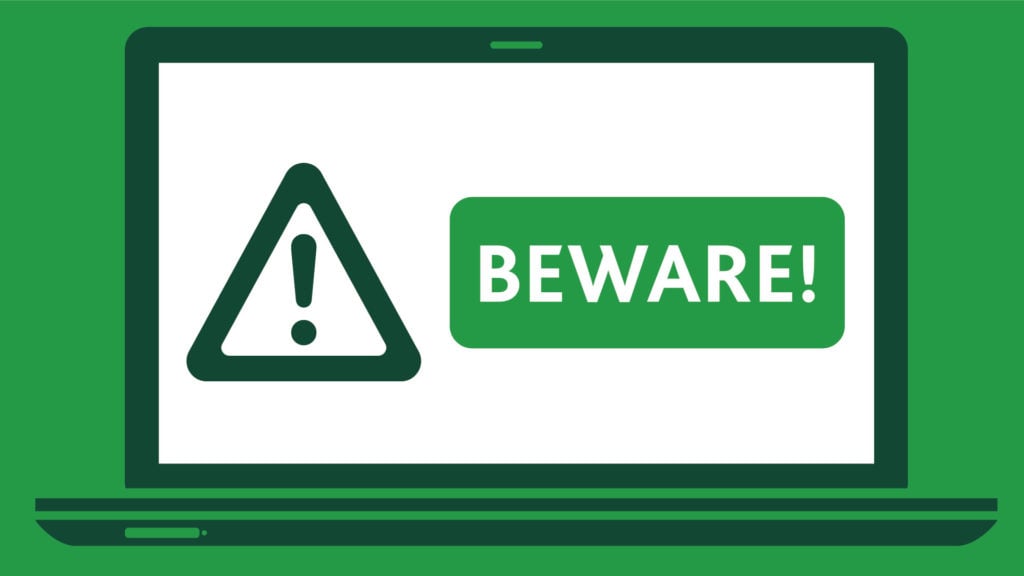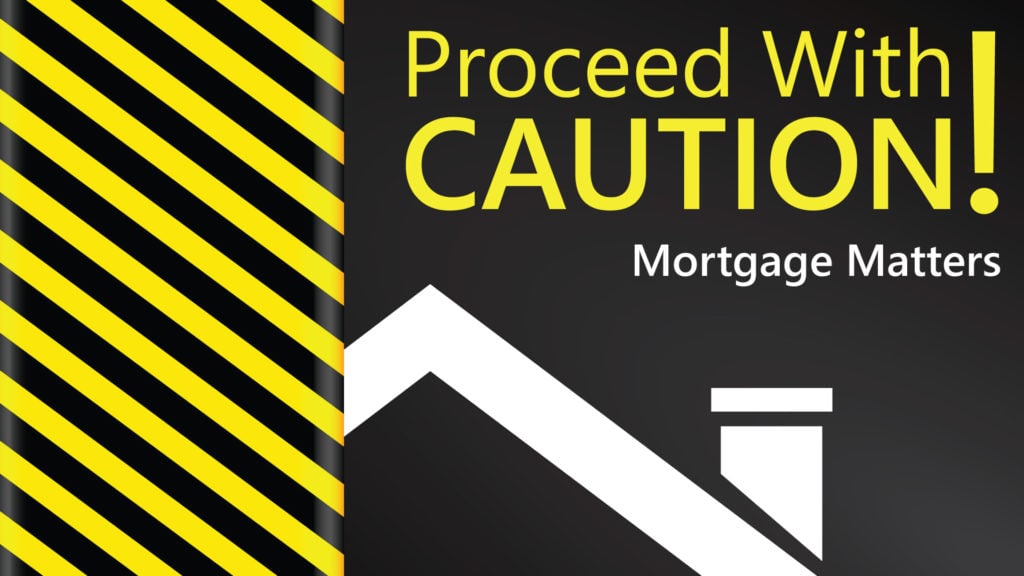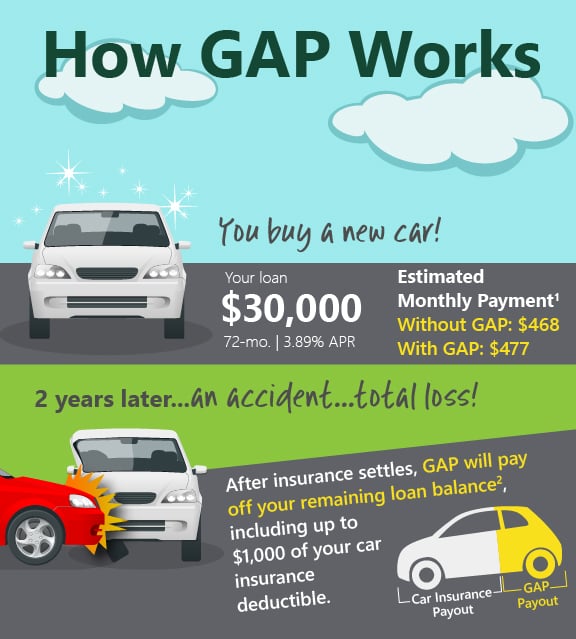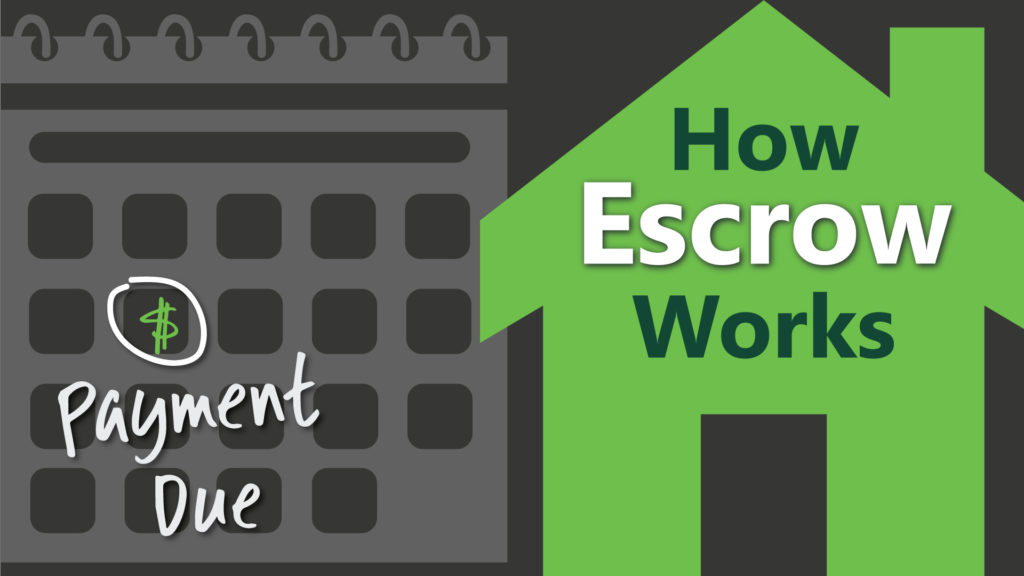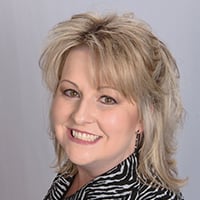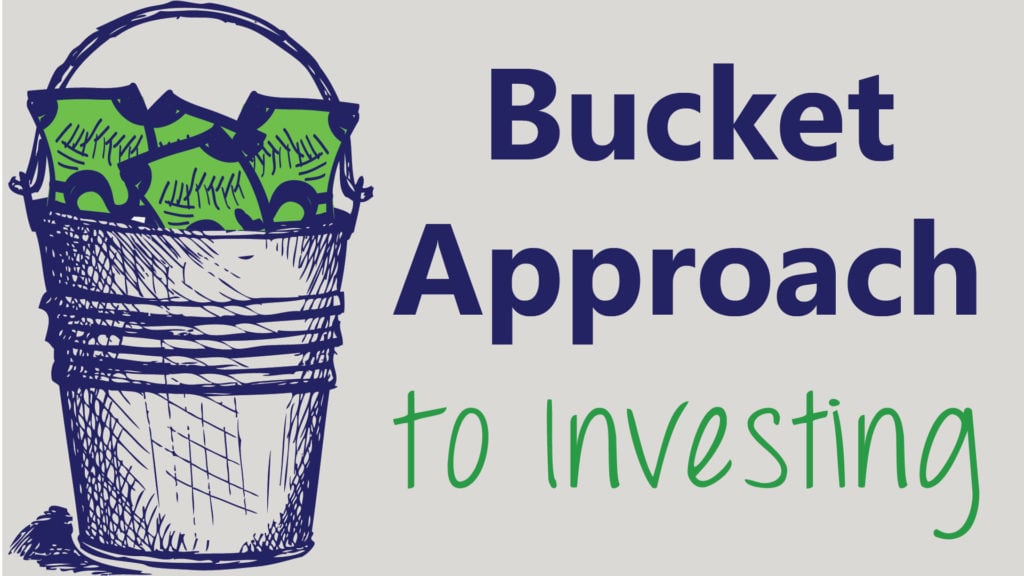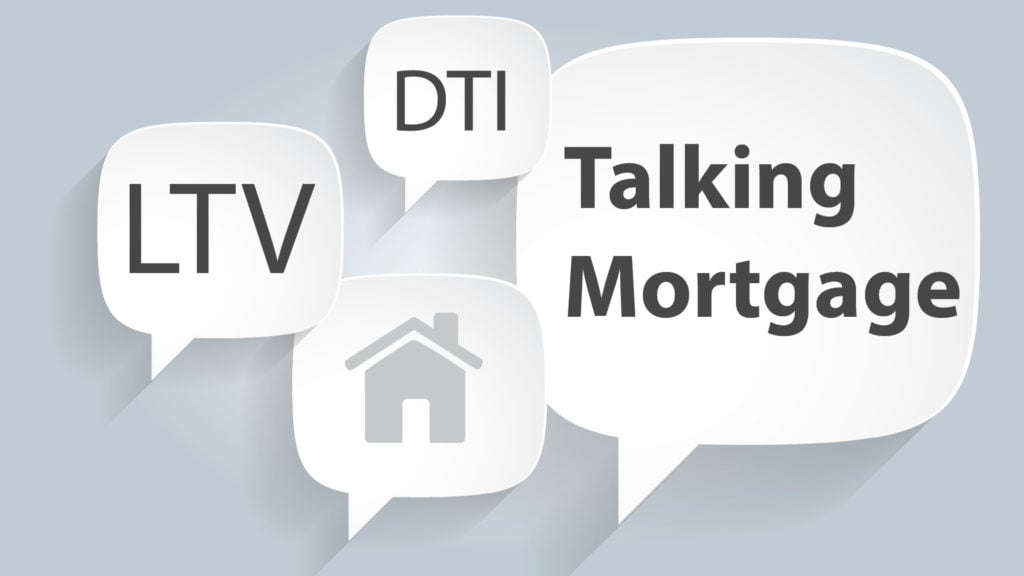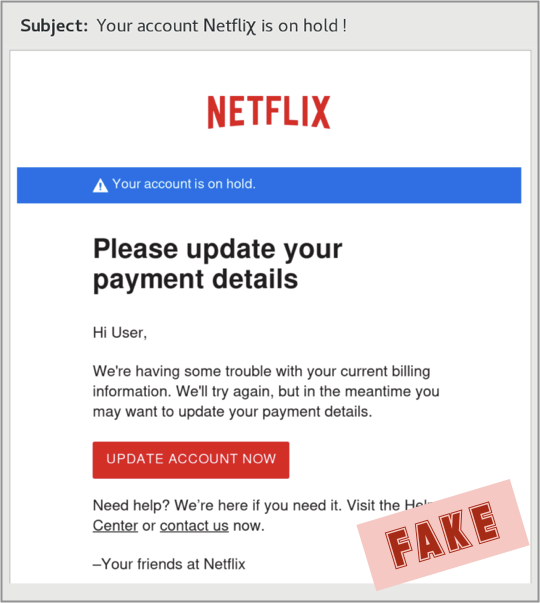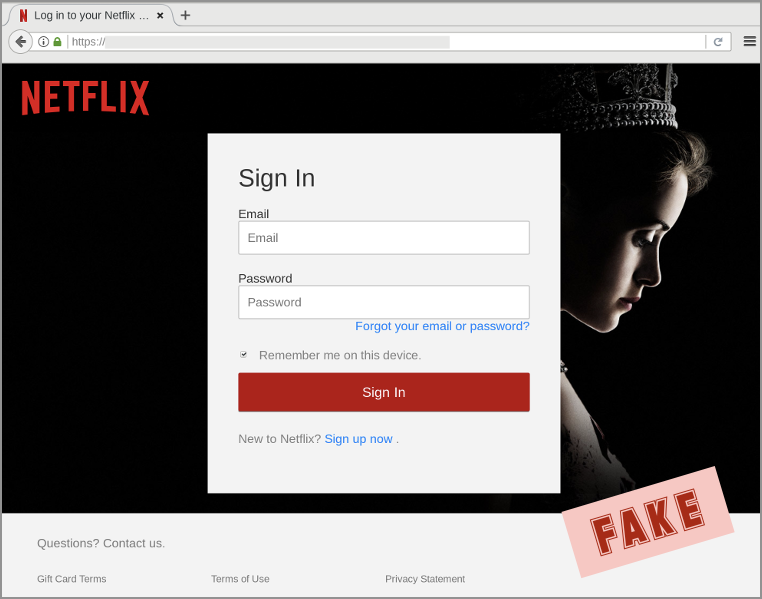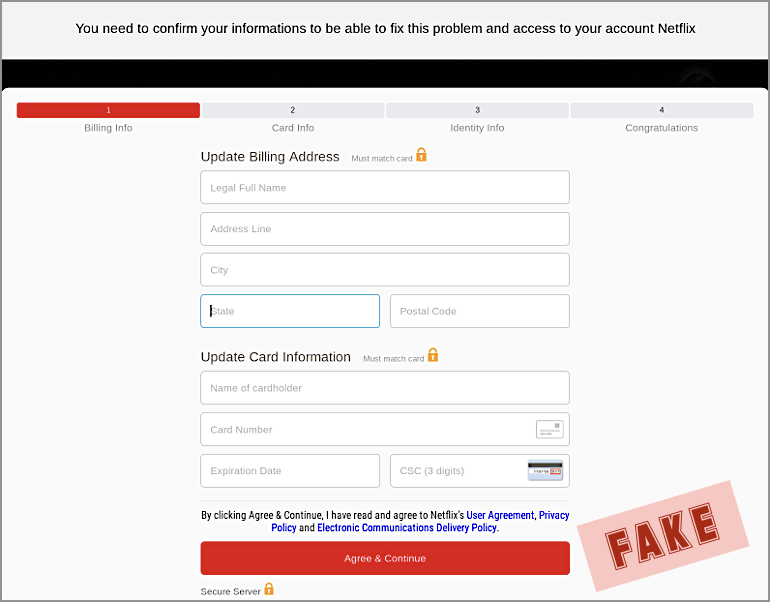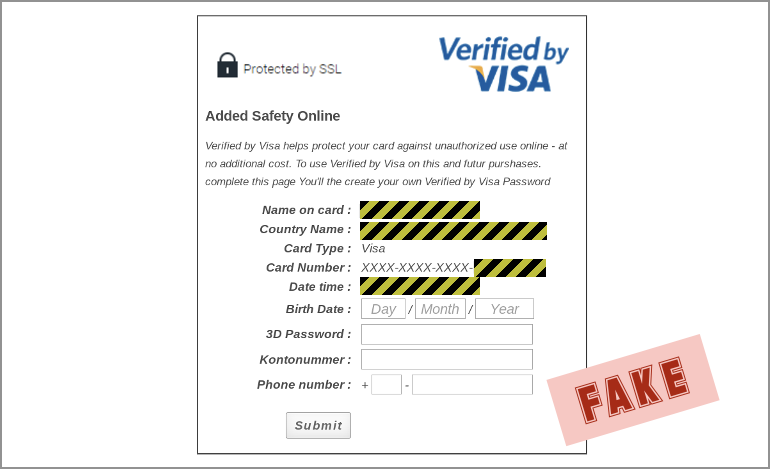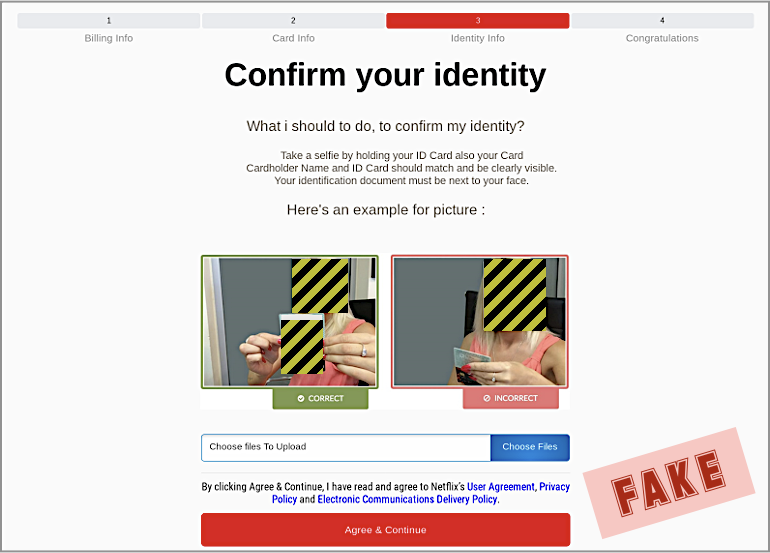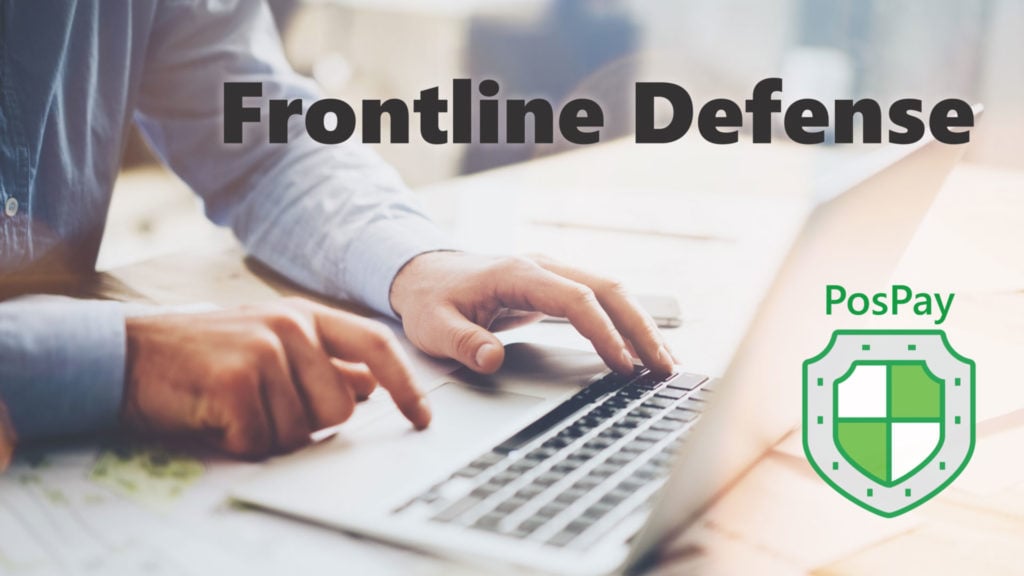
Payments fraud is at an all-time high with check fraud as the most popular form of attack.* PosPay is your frontline defense.
Anticipate Fraud.
“Dealing with fraud is a painful process,” said Aaron Latsos, owner of Smokie’s BBQ in Broken Arrow, Oklahoma who has firsthand experience with check fraud.
Latsos is diligent and reviews his accounts daily, which is why he noticed the suspicious charges. They appeared to be duplicate charges from stores he regularly shops, except the charges were out-of-state. Someone had his business account number and was making counterfeit checks.
Now the pain. When fraud occurs, you have to shut down your account. Open a new one and re-establish all your automatic payments, payroll and direct deposits.
“Not to mention the hassle of filing paperwork with the proper authorities in an effort to recover lost funds,” Latsos said. “Never again.”
Implement Safeguards.
Latsos now protects his account with Positive Pay (PosPay), a valuable tool that authenticates payments before processing.
He writes checks, enters the data and PosPay verifies payments. If there are inconsistencies, he receives an email to accept or decline the transaction.

“Picture your checking account as a party and PosPay is the bouncer,” said Eddie Curran, Treasury Services Sales Manager at RCB Bank. “As guests (payments) arrive, they are checked against the guest list you provided to PosPay. If they match your information, they get in. If not, they are temporarily denied access until you give permission.”
Win The Fight.
PosPay can cover both paper items (checks) and electronic transactions (ACH debits, credits).
With PosPay, Aaron Latsos has stopped multiple fraud attempts while enjoying added benefits.
PosPay Benefits
Control. You approve what runs through your account.
Peace of mind. PosPay is watching your back.
Simplicity. It’s easy to use and takes much less time than having to deal with a fraud incident.
Affordable. PosPay potentially pays for itself on the first fraud prevention.
Talk to your bank to learn more about PosPay and other tools to protect your business.
Our lenders and business services representatives are happy to answer your questions, even if you are not an RCB Bank customer. Connect with a lender and/or treasury services representative in your area.
